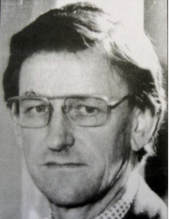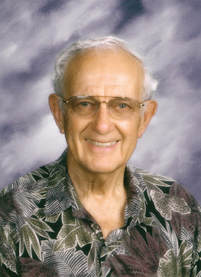Awards
Peter Brice Award Awardees 1996, David Duffy, Australia 1997, Myrtle Yamada, Hawaii-USA 1998, Warren Brewer, Australia 1999, Frank Pottenger, Hawaii-USA 2000, Yasushi Mizoue, Japan 2001, Derek Wenmoth, New Zealand 2002, Yung Dug Lee, Korea 2003, Josie Johnson, USA 2004, Christine Loh, Hong Kong 2005, Neil Baumgart, Australia 2006, Lorenzo Gomez-Morin Fuentes, Mexico 2007, Arthur King, Hawaii-USA 2008, Aiono Fanaafi Le Tagaloa, Samoa 2009, Kuo Wei-fan, Taiwan 2010, Juli Di Chiro, USA 2011, Carol Mutch, New Zealand 2012, Byong-Sun Kwak, Korea 2013, Robert Witt, Hawaii-USA 2014, John Gore, Australia 2015, Konai Helu Thaman, Tonga 2016, Rita Sablan, CNMI 2017, Akira Ninomiya, Japan 2018, Delores Henderson and Myrza Karimov 2019, Agueda Iglesias Johnston, Guam 2021, Vinesh Chandra, Australia 2023, Tufalesi Taleni, New Zealand |
The Peter Brice Award, established in 1966, is presented annually by the conference host country to an individual who best exemplifies the aims of the PCC. Peter Brice represented New Zealand in the early days of the PCC when it was under the auspices of the OECD. He was an officer in the New Zealand Department of Education at the time. Upon his passing, his wife graciously worked with the PCC to develop an award in his honor. Mr. Brice is best remembered for his wisdom, his humanity and his lifelong commitment to educational ideals.
|
Arthur R. King Jr. Curriculum Innovation Award
|
Awardees
2010, Frank Pottenger, Hawaii-USA 2011, Ako Aotearoa, New Zealand 2013, David Grossman, Hawaii-USA 2018, Rachel Endo, Washington-USA 2018, Marcia Rouen, Australia 2019, Carol Mutch, New Zealand 2022, Deborah Zuercher, Hawai‘i-USA |
The Arthur R. King, Jr Award, established in 2010, is presented upon merit to a member of the PCC for excellence and exception work in curriculum innovation in the Pacific. Art King, a founding member of the Pacific Circle Consortium, exemplified the ideals of a liberal education based on the disciplines of knowledge. He was deeply committed to the import of curriculum in improving teaching and learning, believing that improved student learning required curricula specifically crafted and proven to support innovative teaching. King was also committed to the vision of international collaboration in curriculum development, especially in the areas of multi-national, multi-cultural, and environmental understanding in the Asia-Pacific region.
|
Copyright 2022. Pacific Circle Consortium. Last updated October 1, 2022

